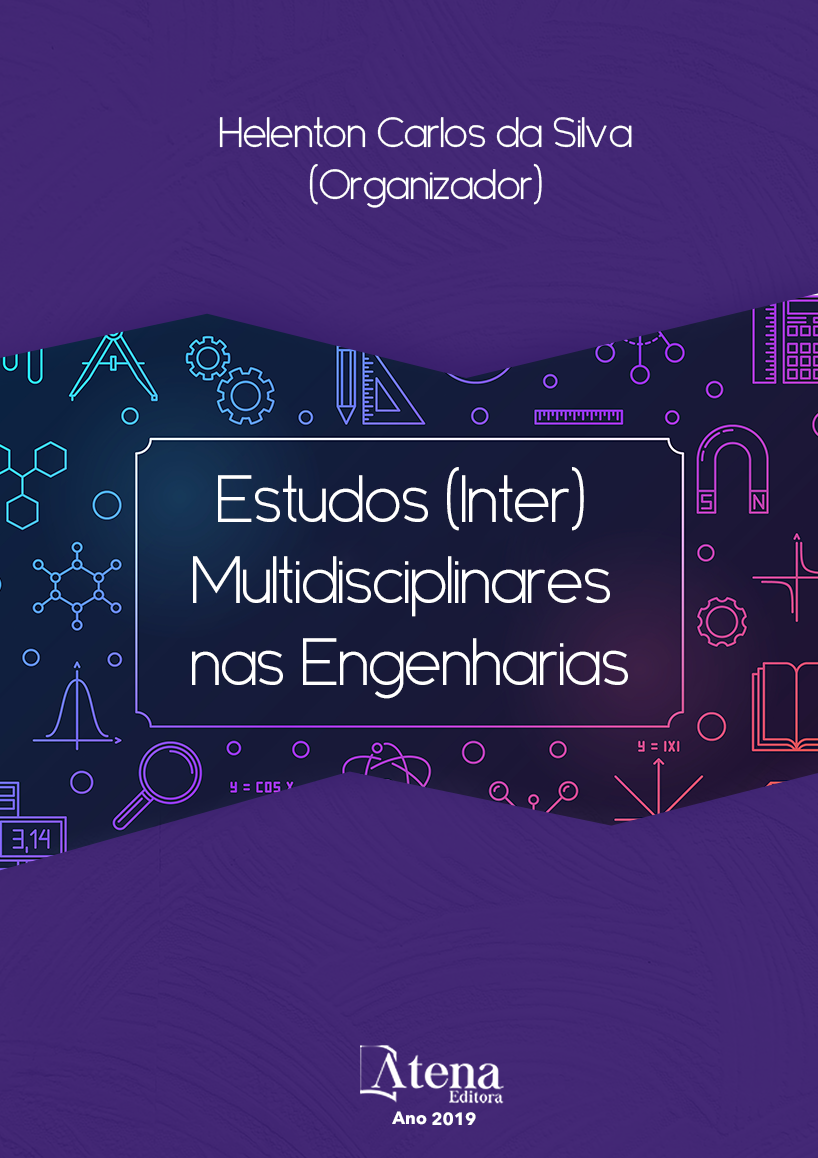
A IMPORTÂNCIA DA (INTER) MULTIDISCIPLINARIDADE NAS ENGENHARIAS PARA O DESENVOLVIMENTO E OPERAÇÃO DAS CIDADES INTELIGENTES
O objetivo deste capítulo é
caracterizar e analisar a relevância da (inter)
multidisciplinaridade no estudo das engenharias
para que os futuros profissionais da área
possam responder aos desafios e ingressar em
um novo mercado de trabalho, cada vez mais
ligado às tecnologias digitais. Para isso, analisase
o desenvolvimento e operação de cidades
inteligentes (CI) que integram as infraestruturas
urbanas para a melhoria da qualidade de vida
da população. Por meio da integração entre as
práticas inovadoras de gestão, as engenharias
envolvidas e o urbanismo, visa-se o incremento
da qualidade de vida nas cidades. A integração
inteligente, mas isolada de cada serviço urbano
não é suficiente para o sucesso desse processo.
Ele envolve a rápida identificação e diagnóstico
dos problemas urbanos para que possa ser
adotada a melhor decisão e as correções
ágeis e eficazes nas cidades. As normas
ISO 37.120 e 18.091 devem ser empregadas
para alcançar a qualidade das engenharias
visando o urbanismo ideal. Assim, diante das
mudanças no mercado de trabalho cada vez
mais globalizado e sofisticado, novos trabalhos
irão crescer com as TIC, destruindo trabalhos
não qualificados e criando muitos outros que
demandam uma formação de profissionais
cada vez mais capazes.
A IMPORTÂNCIA DA (INTER) MULTIDISCIPLINARIDADE NAS ENGENHARIAS PARA O DESENVOLVIMENTO E OPERAÇÃO DAS CIDADES INTELIGENTES
-
DOI: 10.22533/at.ed.9731909101
-
Palavras-chave: cidades inteligentes (CI), (inter) multidisciplinaridade, tecnologia da informação e comunicação (TIC), projetos urbanos, plano diretor.
-
Keywords: smart cities (SC), (inter) multidisciplinarity, information and communication technology (ICT), urban projects, master plan.
-
Abstract:
The objective of this chapter is to
characterize and analyze the relevance of (inter)
multidisciplinarity in the study of engineering so
that future professionals of the area can respond
to the challenges and enter a new labor market,
increasingly linked to digital technologies. For
this, the development and operation of smart
cities (SC) that integrate the urban infrastructures
for the improvement of the quality of life of
the population are analyzed. Through the
integration of innovative management practices,
engineering involved and urbanism, it is aimed
at increasing the quality of life in cities. The
intelligent but isolated integration of each urban
service is not enough for the success of this process. It involves the rapid identification
and diagnosis of urban problems so that the best decision and the agile and effective
corrections in the cities can be adopted. The ISO 37.120 and 18.091 standards should
be used to achieve the quality of engineering for the ideal urban planning. Thus, in the
face of changes in the increasingly globalized and sophisticated labor market, new jobs
will grow with ICTs, destroying unskilled jobs and creating many others that demand
the training of increasingly capable professionals.
-
Número de páginas: 15
- Roberto Righi
- Roberta Betania Ferreira Squaiella


